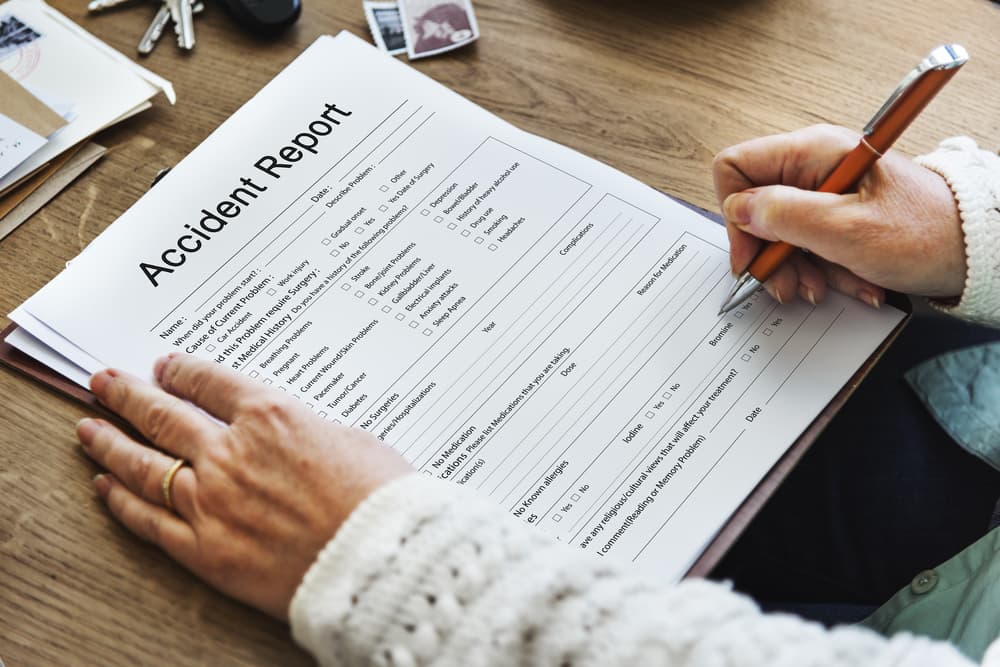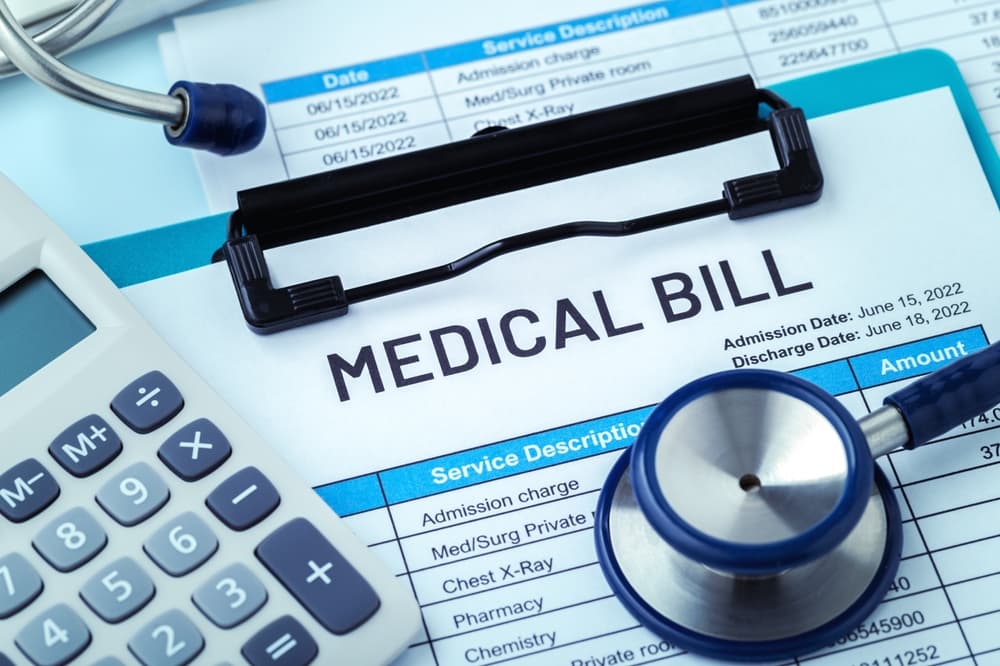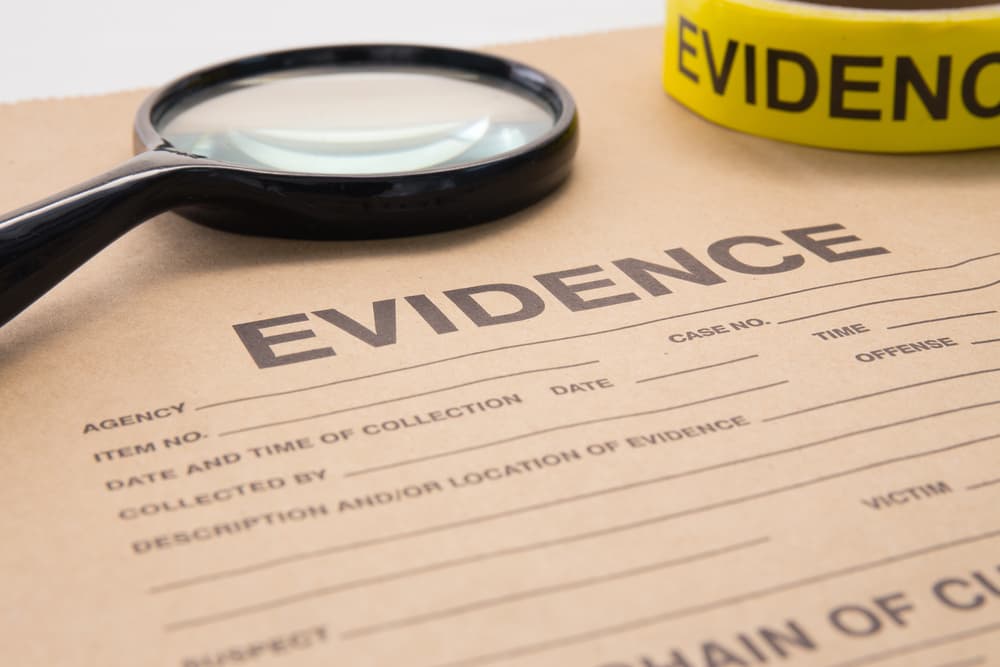Car accidents happen every day, and when you’re a passenger in someone else’s car, it might feel like you have no control over what happened. Getting hurt as a passenger can be scary. You may wonder: “How do I pay my medical bills if I’m not the driver?” or “Who do I report this to?” It can be confusing, especially if multiple drivers are involved.
Do I Need to Get the Driver’s License and Insurance Info if I’m Just a Passenger?
Yes. As a passenger, you can ask all drivers involved for names, driver’s licenses, vehicle information, and insurance details. Drivers who fail to provide the required info may face penalties. The law mandates that drivers share this information. Getting these details helps you file a claim later, especially if you have injuries.
Should I Report the Accident If I’m Not the Driver?
It depends on the situation, but generally:
- You must file an accident report if there’s an injury, death, or property damage over a certain amount (like $1,000 in California). The law requires reporting to the Department of Motor Vehicles (DMV) within 10 days.
- Local police: If someone was hurt or had major damage, the police or highway patrol often need a report within 24 hours.
Even as a passenger, you have a stake in reporting the accident correctly. You may not officially file the police report, but make sure someone does—especially if you plan to file an insurance claim.
How Do I Get a Copy of the Accident Report?

If the police come to the scene, they usually make an official accident report. As a passenger, you can request a copy from the law enforcement agency. You have a right to see the report in many places because you were involved in the crash. This document often includes names, addresses, vehicle details, and witness statements. It’s a key piece of evidence for your claim.
What If I Was in a Rideshare (Uber or Lyft) During the Accident?
When you’re a passenger in a rideshare vehicle, the ride-sharing company might offer a separate insurance policy. The law spells out coverage requirements for transportation network companies. They often must carry at least $50,000 in personal injury coverage per person.
If the rideshare driver is “on duty” (logged into the app and transporting you), you can file a claim against that policy. You’ll still need the basic info: driver name, license, insurance details, plus confirmation that the driver was active on the rideshare app.
Can I also file a claim with my own insurance company?
Sometimes. If you have car insurance that includes Uninsured/Underinsured Motorist (UM/UIM) coverage or Medical Payments (MedPay) coverage, you can use it. If the at-fault driver doesn’t have insurance or doesn’t have enough insurance, you can turn to your own UM/UIM policy.
However, you usually need to:
- Report the accident to the police within 24 hours.
- Submit a sworn statement to your insurer (often within 30 days).
Check your policy details or talk to an insurance rep to confirm. It ensures quick payment of medical bills, even when the at-fault driver’s coverage is delayed or unavailable.
What If the Driver Who Caused the Crash Has No Insurance or Not Enough?
In that case, you can use:
- Uninsured Motorist Coverage (UM): If the at-fault driver has zero insurance.
- Underinsured Motorist Coverage (UIM): If the at-fault driver’s insurance isn’t enough to cover your bills.
Your policy can help, or the car’s policy might help if the driver was someone else. The company might offer coverage for your injuries if you were in a rideshare. Always check for these additional sources to ensure you’re not overpaying.
What If I Got Hurt in a Car Driven by a Family Member or Friend?
It can feel awkward, but you can file a claim if your friend or family member is at fault. You’re not using them personally but rather using their insurance policy. That’s what insurance is for. If you don’t get fair compensation, you can file a lawsuit. Most of the time, the insurance company handles it directly, not your loved one.
What If the Car I Was in Was a Government Vehicle?
Special rules may apply if you were riding in a government-owned vehicle and a government driver caused the accident. You often need to file a notice of claim with the correct government agency. You must include details like the date and place of the accident and how much you claim if it’s under $10,000. Government claims often have shorter deadlines, so don’t wait too long to start the process.
How Long Do I Have to File a Claim?
Every state has a statute of limitations (a legal deadline for filing personal injury lawsuits). It’s often around two years from the date of the accident (though some states differ). If you’re dealing with a government claim, it might be much shorter, like six months, to file a notice of claim in certain places. Check your local rules or talk to a legal professional. Missing the deadline can mean losing your right to compensation.
Can I Recover My Medical Bills and Lost Income?

Yes. As a passenger, you can file a claim to cover:
- Medical expenses: hospital stays, doctor visits, physical therapy.
- Lost income: if you missed work because of your injuries.
- Pain and suffering: for the emotional and physical toll of the crash.
- Property damage: if something you owned (like a laptop or phone) got destroyed in the collision.
The total you can recover depends on your injuries and how much insurance is available from the at-fault party or your own coverage.
How Do I Start My Insurance Claim?
You typically:
- Contact the at-fault driver’s insurance company (or your own) to let them know you’re filing a claim.
- Give basic info: accident date, location, details about injuries, policy numbers, and so on.
- Wait for an adjuster: They’ll investigate who caused the crash and examine your medical bills.
- Negotiate: They might offer a settlement. You can accept if it’s fair or say no and negotiate further.
You can consider filing a lawsuit if you can’t get a fair deal.
What if I Don’t Feel Hurt at First?
It’s common not to notice injuries immediately. Adrenaline can mask pain. Still, it’s wise to see a doctor soon after the crash. If you discover pain or injury days later, you can still report it to the insurance company, but it might be harder to prove if you have waited too long. Keep track of any new symptoms and seek medical help right away.
Can I File a Claim If the Driver in My Car Was at Fault?
Absolutely. Even though you weren’t the driver, if the person driving your car (or the car you were in) caused the accident, you still have the right to file a claim against their insurance. Being a passenger means you’re generally not responsible. Their policy should cover your injuries if they were negligent. You might worry about harming relationships, but remember that insurance is there to cover these situations.
What If Both Drivers Blame Each Other?
That’s common. Each driver’s insurance might say the other caused the crash. As a passenger, you can file claims against both drivers. Let their insurance companies argue about who’s at fault. Sometimes, they split liability (like 50/50 or 70/30). If you find yourself in the middle, hire a car accident attorney to secure full compensation.
What If I Want to Sue Instead of Just Filing an Insurance Claim?
You can file a personal injury lawsuit if:
- The insurance offers less money than you need.
- The at-fault driver is uninsured, and your coverage isn’t enough.
- There’s a big dispute about who caused the crash.
- You have severe injuries or a permanent disability.
Before using, it’s usually best to try settling through insurance. Lawsuits can be long and expensive, but sometimes they’re necessary to get fair compensation. If you sue, you might name multiple defendants (like both drivers). A car accident attorney can guide you on the best strategy.
How Do I Prove the Accident Caused My Injuries?

Evidence is key. Keep records of:
- Medical Exams: Doctor notes, hospital bills, X-rays, or MRI scans.
- Photos: Bruises, cuts, or the car’s damage.
- Witness Statements: If anyone saw you in pain right after the crash.
- Accident Report: This shows you were involved and possibly injured.
The more proof you have linking your injuries to the crash, the stronger your claim.
Can I Recover from Emotional Distress or Trauma?
Yes. Passengers can claim pain and suffering, which includes emotional distress, anxiety, or post-traumatic stress related to the accident. You might need a mental health professional’s note or records to show how it’s impacted your life. Insurance companies sometimes challenge these claims, so gather as much evidence (like therapy bills, journaling symptoms, etc.) to support it.
Should I Keep Track of My Expenses?
Absolutely. Keep receipts for everything related to the accident, such as:
- Medications
- Medical devices (crutches, braces)
- Travel costs to doctor appointments
- Lost income (if you couldn’t work)
- Bills for therapy or counseling
Having detailed records shows the insurer (or court) exactly how much you lost financially due to the accident.
Will My Car Insurance Rates Go Up If I File a Passenger Claim?
Typically, if you’re just a passenger and not at fault, your car insurance rates might not go up. It depends on your policy and the company’s practices. If you use your own UM/UIM coverage, some insurers might adjust your rates, but it’s less common if you truly weren’t to blame. Each situation varies, so check your policy or ask your insurance agent.
What If I’m a Passenger in a Company Vehicle?
The company might have commercial insurance if the accident involved a business vehicle. The process is similar, but you may have additional steps. Sometimes, companies have strict rules for reporting accidents. If a government employee was driving, you might deal with government claim procedures. Always ask if you’re unsure.
How Long Until I Get a Settlement?
It varies widely. Some passenger claims settle in a few months, especially if the fault is clear and injuries aren’t major. Others can take a year or more if there’s a dispute over who’s at fault or how bad your injuries are. Filing a lawsuit can make the process take even longer. A car accident lawyer can sometimes speed things up by pushing insurance companies to act more quickly.
Can I Lose My Chance at Compensation If I Wait Too Long?
Yes. That’s why it’s essential to know the deadlines. You might have around two years from the crash date for standard personal injury claims in many states. If the defendant is a government agency, you might have six months to file a claim. Check local laws or talk to a legal pro right away.
What If the At-Fault Driver Is a Friend or Relative?
It’s understandable to feel awkward, but remember: you’re dealing with their insurance company, not them personally. Insurance covers serious medical bills and other damages, which most friends or relatives understand. If the insurance refuses to pay a fair amount, you might have to consider filing a lawsuit. However, remember that the insurer typically pays the settlement—not your loved one out of pocket—so the financial burden doesn’t fall directly on them. Staying calm and focused on the process can help protect your relationship while ensuring you get the compensation you deserve.
A Car Accident Lawyer is Standing By
If you’re still feeling unsure, talk to a car accident lawyer. A knowledgeable attorney can review your case thoroughly, handle all the paperwork, negotiate confidently with insurance adjusters, and fight aggressively for your deserved compensation. They guide you through every step of the process and catch every detail.
Whether you decide to go it alone or work with a legal professional, remember: you have options as a passenger. You don’t have to face mounting medical bills and overwhelming stress without recourse. Stay informed, stay organized, and protect your rights to ensure the best possible outcome.


